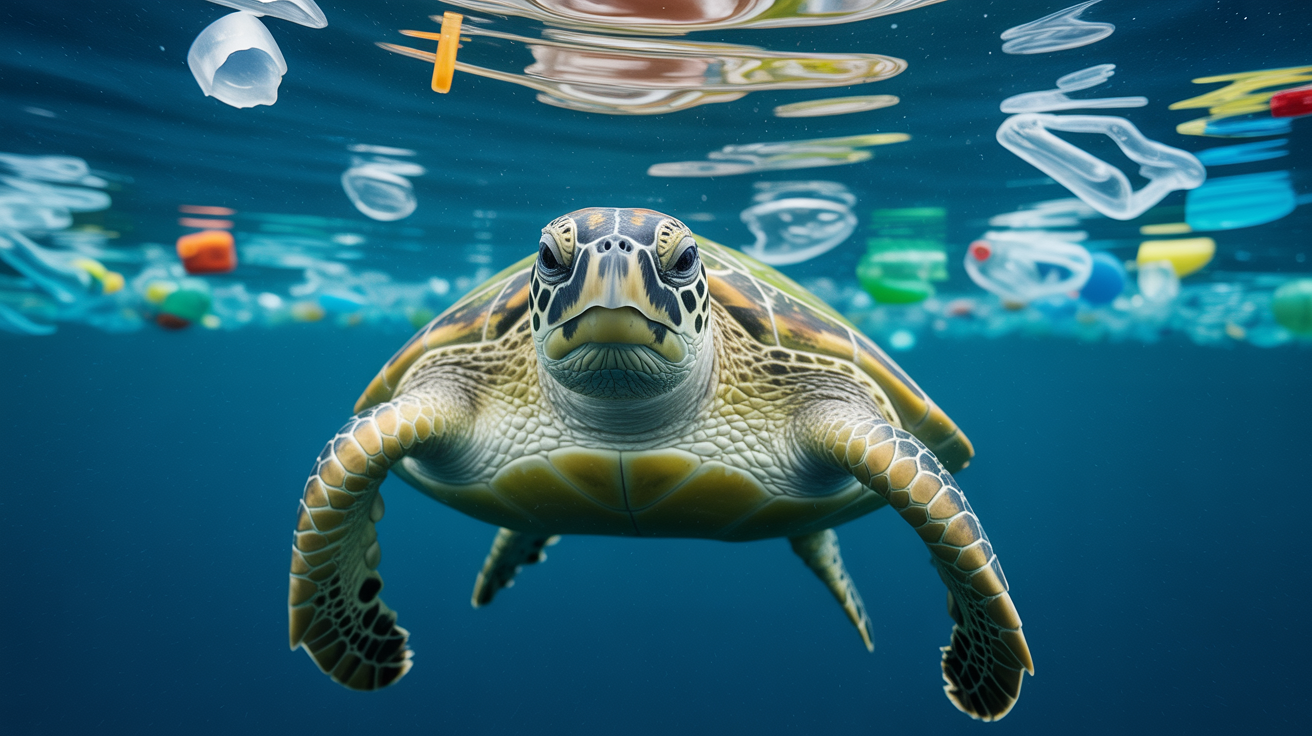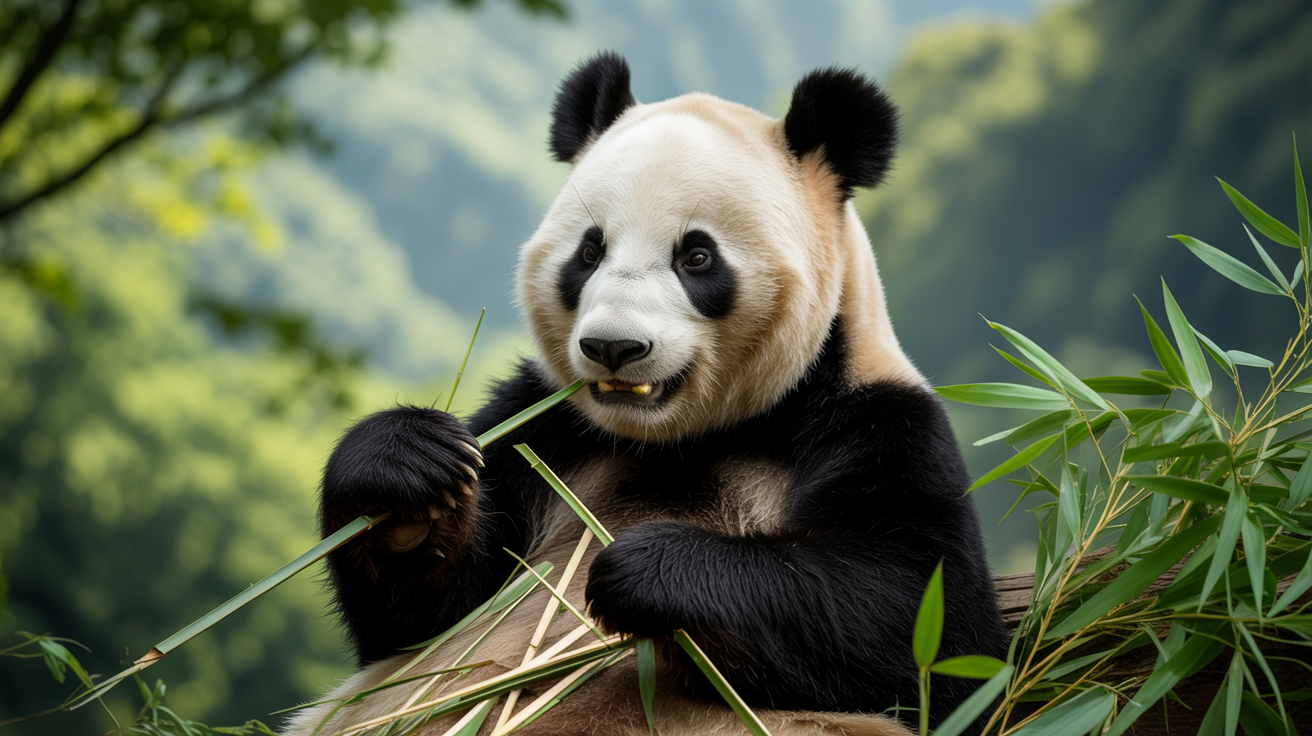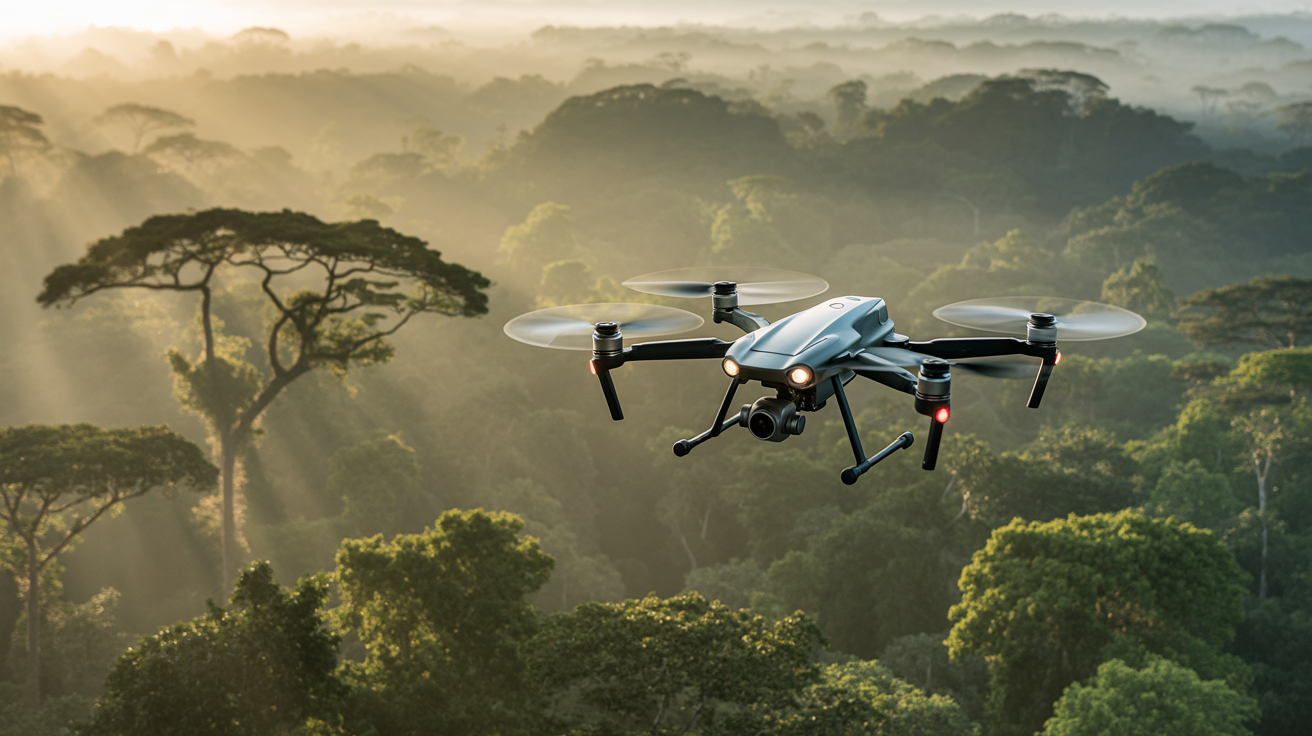The Startling Discovery: Plastic-Eating Bacteria in Turtles
Plastic pollution is one of the most pressing environmental issues of our time, threatening countless marine species and ecosystems. In a groundbreaking development, scientists have recently identified strains of plastic-degrading bacteria within the digestive systems of wild turtles. This unexpected finding could revolutionize how we approach both wildlife conservation and plastic waste management.
Why Are Turtles at the Center of This Research?
Turtles are among the most affected by plastic debris in our oceans. Each year, over one million marine animals, including turtles, die due to plastic pollution. Turtles often mistake floating plastic bags for jellyfish, their favorite food, leading to ingestion and sometimes fatal blockages or toxic exposure. However, researchers studying turtle gut microbiomes have now uncovered bacteria capable of breaking down certain types of plastics—an ability previously documented only in a few microbes isolated in laboratory settings.
How Was the Discovery Made?
The research team collected gut samples from rescued turtles found in polluted coastal regions. By analyzing the microbial communities, they identified unique strains of bacteria actively degrading fragments of polyethylene and other common plastics. Laboratory tests confirmed that these bacteria could survive on plastic as their primary food source, breaking it down into simpler, less harmful compounds.
Implications for Conservation
This discovery could have far-reaching impacts on wildlife protection and environmental health:
- Natural Bioremediation: Harnessing these bacteria could lead to innovative bioremediation strategies, using nature's own solutions to tackle plastic waste in both marine and terrestrial habitats.
- Healthier Ecosystems: As plastic pollution poses risks not only to turtles but to countless other species, promoting bacteria that break down plastics could reduce the toxic load in food webs.
- New Conservation Techniques: Wildlife rescue centers might one day introduce or support beneficial microbes in rehabilitated animals, helping them cope with accidental plastic ingestion.
Could This Be the Silver Bullet for Plastic Pollution?
While the discovery is promising, experts caution that it is not a standalone solution. The process of bacterial plastic degradation is slow compared to the rate at which plastics accumulate in the environment. Furthermore, the long-term effects of these bacteria on animal health and ecosystems remain under study. Scientists also stress the importance of reducing plastic use and improving waste management alongside exploring biotechnological fixes.
"This research highlights the adaptive power of nature, but also serves as a reminder of the urgent need to reduce plastic pollution at its source." — Dr. Maria Sato, Marine Microbiologist
The Bigger Picture: Turtles as Environmental Sentinels
Turtles have long been considered vital indicators of ocean health. Their ability to host plastic-degrading bacteria may reflect centuries of adaptation to changing environments. However, the fact that such adaptations are necessary underscores the dramatic impact humans have had on marine ecosystems.
- Turtles have existed for more than 100 million years, surviving mass extinctions and climate shifts.
- Today, six out of seven sea turtle species are classified as threatened or endangered by the IUCN.
- By protecting turtles, we safeguard entire marine ecosystems, as they play critical roles in maintaining healthy seagrass beds and coral reefs.
What’s Next? Future Directions in Research and Conservation
Scientists are now focusing on:
- Isolating and characterizing the most effective plastic-degrading bacterial strains.
- Understanding the interaction between these bacteria and their turtle hosts.
- Exploring the feasibility of applying these microbes in larger-scale plastic remediation projects.
Conservationists emphasize that public awareness, policy change, and technological innovation must work hand in hand. Supporting research into natural solutions like plastic-eating bacteria, alongside reducing plastic consumption, offers the best hope for a cleaner, healthier future for turtles and all marine life.
How You Can Help
- Reduce single-use plastics and support sustainable alternatives.
- Participate in local beach cleanups and conservation programs.
- Support organizations dedicated to turtle rescue and marine conservation.
- Stay informed about the latest scientific discoveries and share them with your community.
The discovery of plastic-eating bacteria in turtles is a powerful reminder of both nature’s resilience and the urgent need for responsible stewardship. By combining science, conservation, and everyday action, we can help secure a safer future for our oceans and the incredible creatures that call them home.



